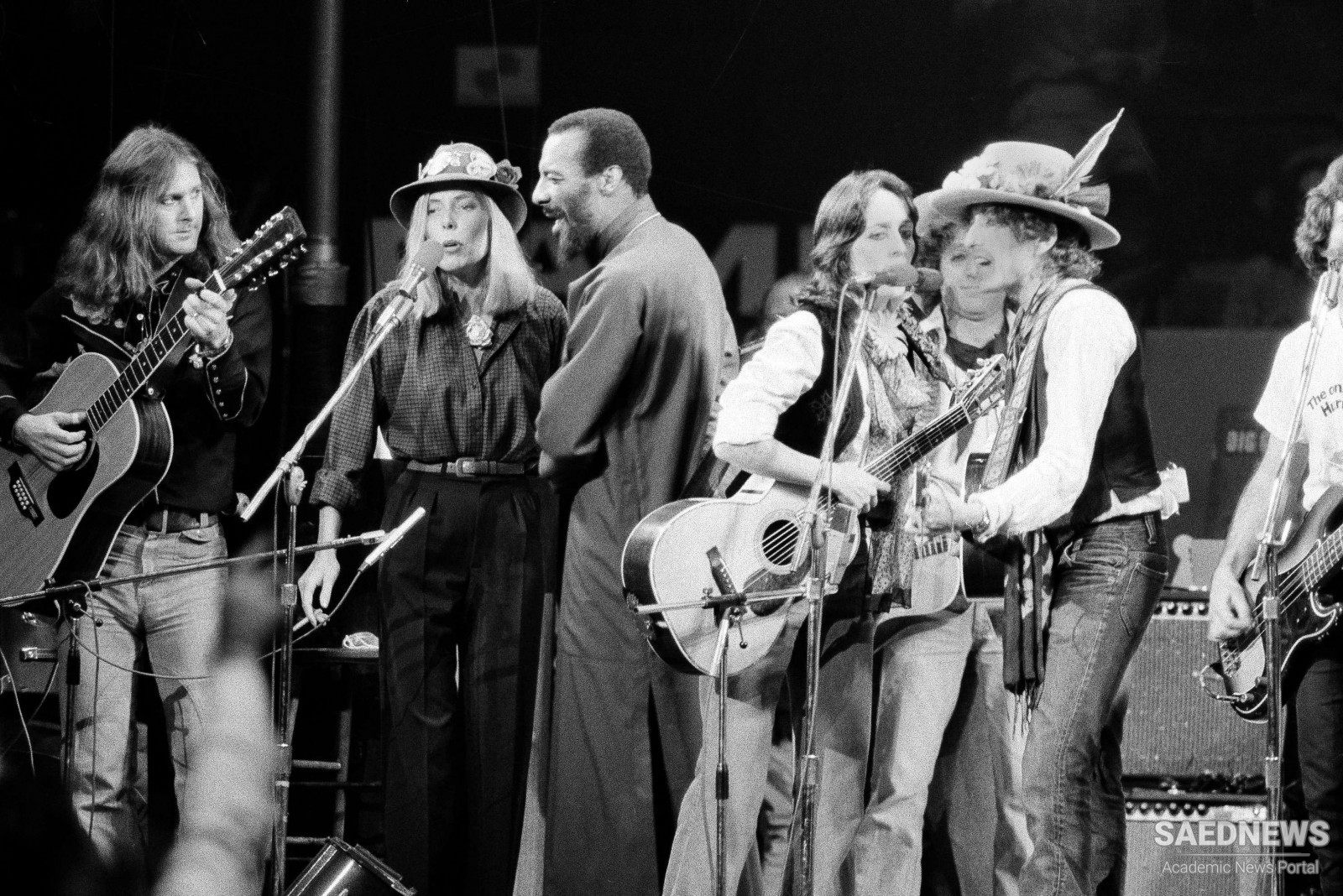Professional folk musicians have well-known resources and well-honed strategies in their quest to find and please clients. People recognize and value artists who can animate and elevate events. They hire those who have figured out how to match customers’ goals with the musician’s own aim: to find the most work. More educated musicians and activists—writers, teachers, composers, nationalists, bureaucrats—have a strong investment in their own resources, strategies, and agendas around folk music. Their goals have official backing, in terms of positions, funding, reputation, and access to the media. Overlapping this social field lies the zone of aesthetics, implicit in the villagers’ judgment of the woman pouring out her lament. People play favorites with songs, tunes, and musicians. They know what they like, keep it in mind, and value its worth. They hear other people’s music and often make it their own, just because of the way it sounds and sticks in the mind. This is the realm of taste, of “I like it that way.” Everyone who has collected folk music knows to ask who the best local musicians are and to expect an informed answer. This is a matter of taste, possibly independent of class, gender, or ethnicity.Indeed, it almost seems that one of the reasons humans have music is to sustain a domain of life where taste and memory, technique and emotion, prevail over the normal barriers that divide one group from another.


 Musical Relevance of Folk Music
Musical Relevance of Folk Music














































